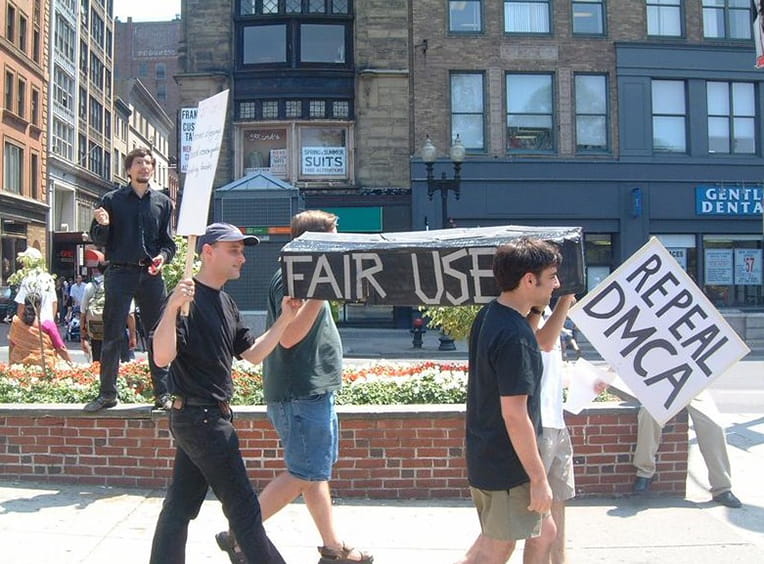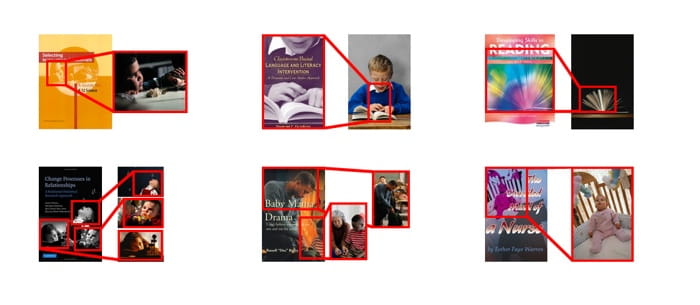Active development of electronic technology and the internet has simplified life of information pirates and plagiaries. Today everybody can easily copy, duplicate and distribute other people’s intellectual products. In order to control this situation in 1996 the World Intellectual Property Organization developed the WIPO Copyright Treaty (WCT) as well as the WIPO Performances and Phonograms Treaty (WPPT). These documents formed the basis for international laws protecting copyright and regulating relationship between rights holders, intermediaries and consumers of intellectual products.
Category "Copyright" - page 2
Writers, artists, musicians, photographers and other people who are engaged in creative professions get paid for the use of their works. Unfortunately, in real life this statement is not always true. We’ll say more, in the modern internet era creators of different intellectual products such as artists, photographers or software developers often get nothing for copying and usage of their works. Therefore, let us correct the first sentence and say that people of art MUST get paid. Copyright provides such a liability for users of borrowed content.
Alas, nowadays it’s hard to protect your artwork from unauthorized use. In this respect, the Web is especially inhospitable towards photographers. You are probably aware of some outrageous photo-thefts discussed in the media. If you are a professional or amateur photographer, make sure that your photos are duly protected from illegal use. Always create a watermark for your photos. If you suspect that they are used illegally somewhere, you can check your suspicions. Just use one of the following services.
What is Google+ ?
I guess that all of you have already heard about a new overwhelming project from Google – a social networking service code-named Google+.
It was born only 1 month ago, but has already got more than 10 million members and one of its basic approaches to social networking (so-called ‘Life Circles’) is agreed by many experts to be the thing that users will like very much – so much that Google+ will be able to make a revolution and replace Facebook on its throne.
78% percents of US photographers say their photos were being used illegally. Most likely your photos were stolen too. Can it be possible to find who is using your images? Now there is an answer. Google started an image reverse search service that uses image identification technology to find exact matches of the photo you ask it to search for. It’s as easy as dragging and dropping your photo into the search box.
 Visual Watermark
Visual Watermark by
by 



